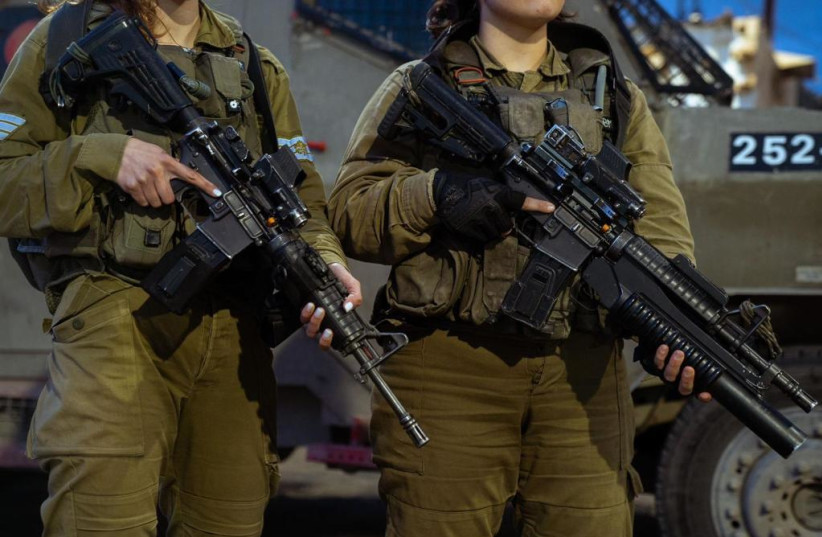The "Not Abandoning the Wounded in the Field" association launched on Wednesday a mass recruitment campaign to take in dozens of IDF combat veterans who are suffering from PTSD as a result of their service.
A recent statistic showed that approximately a fifth of IDF combat soldiers suffer from PTSD.
"Hundreds of released combat soldiers who suffered trauma during their service are waiting to receive treatment, but our budget is stretched to the limit and we need help, to give them help," says Haim Held, CEO of the "Not Abandoning the Wounded in the Field" association, which launched on Wednesday a crowdfunding campaign which will allow it to continue to provide full rehabilitation packages for combat soldiers in Israel.
Many combat soldiers have been waiting for treatment in a rehabilitation center in the south, but there is no funding, the association said.
One out of every five combat fighters who are released from the IDF is a war veteran, according to the association- with many of those who have PTSD having trouble sleeping at night because of nightmares. Common elements include lashing out, and difficulty in maintaining jobs, friends, and relationships.

Many combat soldiers still need treatment
There are about 5,000 such individuals, but it's estimated that there are 25,000 combat soldiers that are not diagnosed, with many of them not receiving sufficient treatment or any at all. This is largely due to some soldiers feeling shame for seeking help, the extensive period of time that the process takes, a lack of trust in the system, or financial troubles, according to the association.
"The association treats combat victims without the need for the Defense Ministry's approval, without a time limit, without cost, and without bureaucracy," said Held. "We provide treatments along with introducing the clients to an inclusive community, which gives them a safe place.
"Today, the association has two rehabilitation spaces - in the south and in the center - in which we treat about 100 combat fighters at any given moment. But we need to reach more. We need to save more, and for that, we need the public help." The heart of the organization is located in Tzohar in the Eshkol Regional Council.
One client of the association stated that he himself didn't understand that he was suffering PTSD from his service, stating that he had "lost touch with my family and friends. I was unable to work, and in the end, I was thrown out of my apartment and became homeless.
"The treatment I got stopped me from hitting rock bottom. If they didn't hug me and told me it would be okay again, I would have continued on my path and contemplated suicide."
The client went on to say that he had two other friends who are also in a bad situation and he wanted to bring them into the association for help, but that the amount of donations received only made it possible to treat a limited amount of people. The cost of treating a client for a year costs NIS 20 thousand.
"I wish they would be able to raise a lot more money. Every shekel is a step towards healing," he said.
Held said that the association's mission is "to save lives. Nothing less."
The link to the organization's campaign can be found here.
